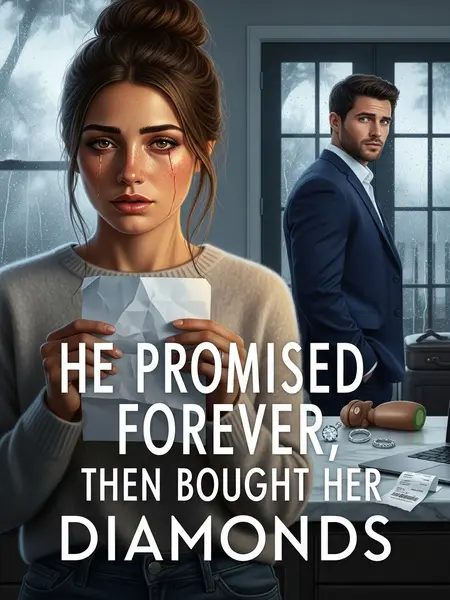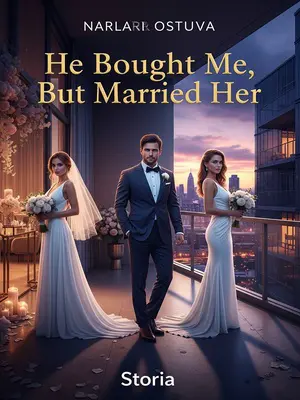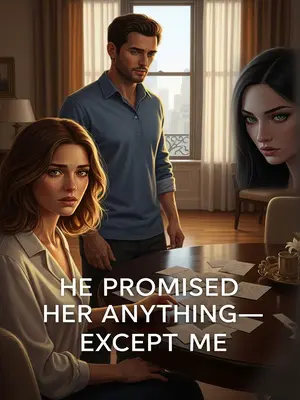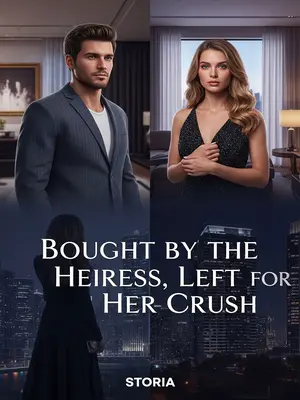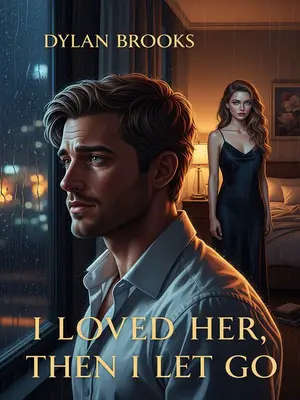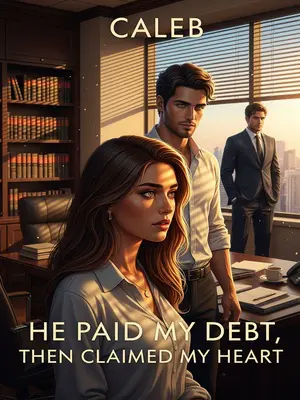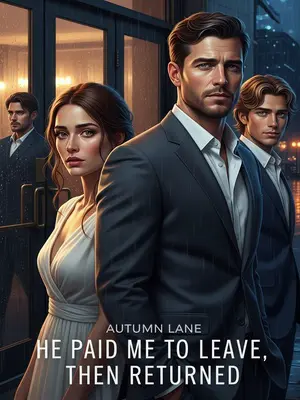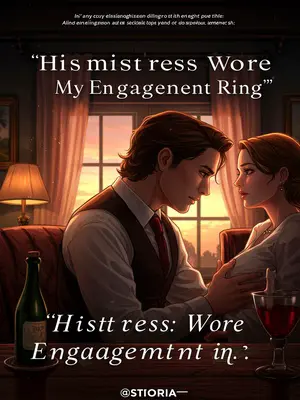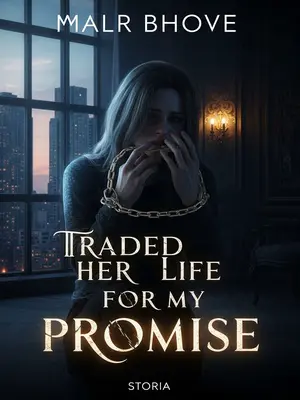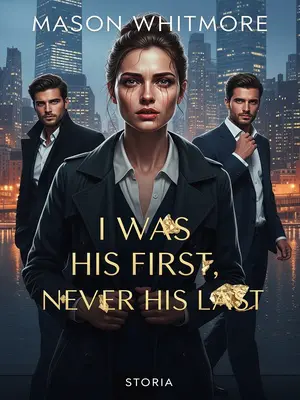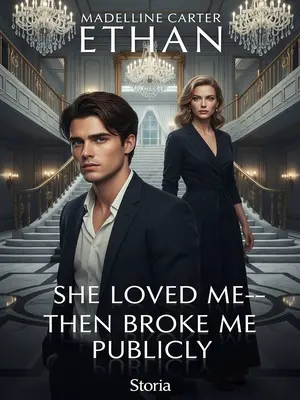Chapter 3: The Cost of Sacrifice
The moment Carter drove away, I pulled out my phone and searched, “evidence for custody cases.”
My fingers trembled as I typed. The search results were cold, clinical—legal advice, horror stories, lists of what counted and what didn’t. I scrolled anyway, desperate for something to hold onto.
He missed the parent-teacher conference last month. When Daisy drew our family, she left his face blank.
The memory hit me like a punch. I’d laughed it off at the time, but now it felt like a warning I’d ignored. Daisy’s careful silence, the way she’d pressed her crayon so hard it snapped.
I opened the divorce agreement we'd drafted in advance. One by one, I deleted every word of the “joint custody” clause.
My heart pounded as I pressed delete, each word disappearing like a door closing. Was I really doing this? Each word felt heavier than the last. I knew it was petty, maybe even reckless, but I couldn’t help myself. Not after everything.
Carter and I are classic small-town overachievers.
We were the kind of kids who always raised their hands first, always stayed after class for extra credit. Everyone expected big things from us, and we expected even more from ourselves.
Other people seemed to stroll into State U.
It felt like everyone else breezed through the doors while we stood outside, clutching our applications and praying for a miracle. We must've looked pathetic. I used to joke that we were cursed, but really, we just wanted it more than anything.
It took us twelve whole years.
Twelve years of sweat, tears, and student loans. Twelve years of ramen noodles and late-night study sessions, of chasing scholarships and working part-time jobs just to stay afloat.
During the 2010 Maple Heights earthquake, the moment the ceiling collapsed, he threw himself over me to shield me with his body.
The memory was so vivid it made my skin prickle. The world had tilted, the walls groaned, and Carter was just there—no hesitation, no second thoughts. That moment rewrote something fundamental in me.
Trapped in the rubble, he broke two ribs. Blood from his head dripped down his chin onto my face.
I can still feel the sticky warmth of it, the way he smiled through the pain. Leave it to Carter to be a superhero when it counts. He’d always had a high pain tolerance, but that day he was superhuman.
But he just smiled and said, “Harper, if you die, who am I supposed to argue with?”
Even then, he’d made me laugh. It was his way of keeping us both sane, of pretending we were invincible.
Later, in the tent at the emergency shelter, he slipped a soda can tab onto my finger.
The shelter was loud and crowded, the air thick with fear and exhaustion. But in that tiny pocket of space, he made a promise with whatever he had—a soda tab, a crooked grin, and hope.
“When we have money, I'll get you a real diamond ring.”
He’d whispered it like a vow, his hand shaking just a little. I’d believed him, because back then, we believed in everything.
Back then, Carter's eyes sparkled, his palms were sweaty, even his breathing was full of that reckless certainty unique to youth.
We were young, scared, and so in love it felt like we could outrun anything. Every moment was a dare, every promise a lifeline.
The last mock trial before I graduated, Carter had just finished an experiment for his PhD.
The law school courtroom was stuffy, the air buzzing with nerves. Carter had come straight from the lab, his hair a mess, still wearing his goggles around his neck.
“Hotshot lawyer Harper, maybe try not to be so fierce in court? You scared the senior playing the defendant—his hands were shaking.”
He grinned around his popsicle stick, voice muffled, and pushed my law firm internship offer across the table.
“If you really become a lawyer, I'll pick you up at the office every day.”
He said it like it was a given, like we were already building a life together. I remember rolling my eyes, but secretly loving the idea. My fingers toyed with the offer letter, heart pounding with a mix of hope and disbelief.
Once, Carter stayed in the lab for thirty-six hours straight. He fell asleep at the door of our apartment with a stack of data from school in his arms.
I found him there, slumped against the doorframe, papers scattered everywhere. He looked so peaceful, I almost didn’t want to wake him. But the sight of him, exhausted and stubborn, broke my heart a little.
He was still clutching the Starbucks latte he'd brought for me, the sticker on the cup marked with “For the future hotshot lawyer.” I remember laughing at the barista’s handwriting—like a pep talk in Sharpie.
That day, feverish and delirious, he mumbled, “If only you were home every day. Then when I pulled an all-nighter, I could still see you.”
His words had been slurred, barely coherent, but I’d heard the longing in them. It was the first time I realized how much he needed me—not just as a partner, but as a home.
Watching Carter sleep, I started to look forward to our married life.
I imagined lazy Sundays, takeout containers on the coffee table, laughter echoing through the apartment. I thought we’d have all the time in the world.
His main research was taking off, and his side projects were just getting started. He was swamped every day, so busy his schedule was a mess, and he ended up with a bleeding ulcer.
The doctors warned him to slow down, but Carter just laughed it off. He was always chasing the next breakthrough, convinced he could outrun his own exhaustion.
On impulse, I turned down my law firm offer and decided to stay home as a full-time writer, taking care of him along the way.
I remember standing in the kitchen, staring at the email with my offer letter, heart pounding. Was I crazy? But it felt right, like it was what we both needed. I told myself I’d have time to go back, that my career could wait. I didn’t realize how quickly doors could close.
In 2022, Carter was promoted to associate professor, and the university gave him a faculty apartment.
We toured the place together, our footsteps echoing in the empty rooms. It felt like stepping into a new chapter, one we’d earned the hard way.
He took me to see the place. On the balcony, he wrapped his arm around my shoulder and said,
“Harper, we finally made it.”
His voice was thick with pride, eyes shining as he looked out over the city. For a moment, everything felt possible again.
Back then, I thought the hard times were over for good.
I let myself believe in happy endings, in the idea that we’d finally paid our dues. I should have known better.
